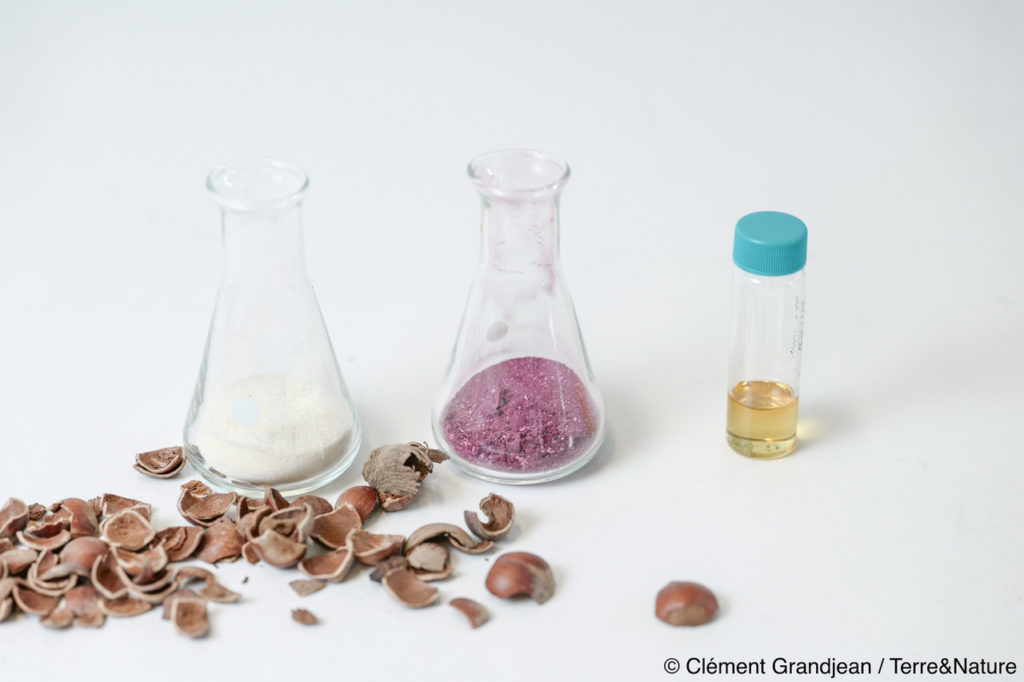It’s no secret that the lifecycle of plastic wreaks havoc on our planet. Replacing these plastics has the potential to mitigate the 400 million tonnes of CO2 emitted globally from plastic production and incineration. Additionally, plastic recycling is incredibly inefficient. The EU failed to recycle some 58% of the plastic packaging waste produced in 2017. And that’s relatively efficient in comparison with other places in the world. Startups like Bloom Biorenewables and Sulapac are working to advance technology in this field.
Plastic has been instrumental in expanding the consumption of goods globally due to its malleable properties. However, being non-biodegradable and requiring fossil fuels to produce, its production and use is devastating.
A race to come up with material as versatile as plastic, with the necessary addition of biodegradability, is underway.
Players in the Race for Bio-Plastics

Sulapac, a Finnish company, has produced a fully biodegradable packaging material from wood and plant-based binders. The material is compostable and users can recycle the material up to 6 times. It is also a direct replacement for polypropylene, another common plastic. Notably, Sulapac’s material produces only half as much carbon dioxide during combustion as polypropylene. This brings it well under the threshold for safe limits set by the Finnish National Institute for Occupational Safety and Health.
Bloom, a company based in Renens, Switzerland, produces textiles and plastic-like materials using only biomass. Their company focuses on perfecting a process which separates cellulose and hemicellulose in plants. This delicate procedure results in stabilized lignin polymers, which manufacturers can use almost interchangeably with petroleum-based polymers. The remaining cellulose fibres become the basis for textiles, making it a low-waste process.
Making Plastic from Plants

StartupTV spoke with Bloom’s founder Dr Florent Héroguel at the World Energy Congress in Abu Dhabi, where he highlighted the process the company undertakes: “We just take a big pot, you put the wood inside or the coconut shells or the sawdust and then we just put a solvent, an acid, and one magic chemical, which is an aldehyde, and this is what we patented. And then we stir this for 2 hours, and this is going to isolate all the components which are in the plants and then we have those components in a very pure form because thanks to this magic ingredient they are not decomposed and we can upgrade it to high-value products.”
The company has garnered a great deal of attention in 2019 having succeeded in obtaining an Innosuisse grant and funds from the EU totalling €940,000. Three former chemists lead the team, which is set to launch its pilot phase in January of 2020, with a demo phase planned for January 2022.
“The breakthrough is that we have really tackled cost competitivity because all the other solutions so far are expensive and no one really wants to pay for it,” said Héroguel.
Updating Plastics Could Mitigate Over 40 Million Tonnes of Carbon Dioxide
Developing alternatives for petroleum-based plastics could enable us to drastically reduce our global carbon footprint. While the often colourful material has made its way into almost every corner of our lives, its harmful production cycle and inefficient recycling process have contributed to a global crisis. Of course, there are many steps beyond developing new materials that we have to take, such as implementing more stringent regulations and enforcing high biodegradability standards. But if done right, industry experts calculate that replacing the European demand for plastics with bio-based materials could save more than 42 million tonnes of CO2 per year – and that’s an impact worth chasing.
Sources: ec.europa.eu, unep.org, europarl.europa.eu, sulapac.com, european-bioplastics.org


